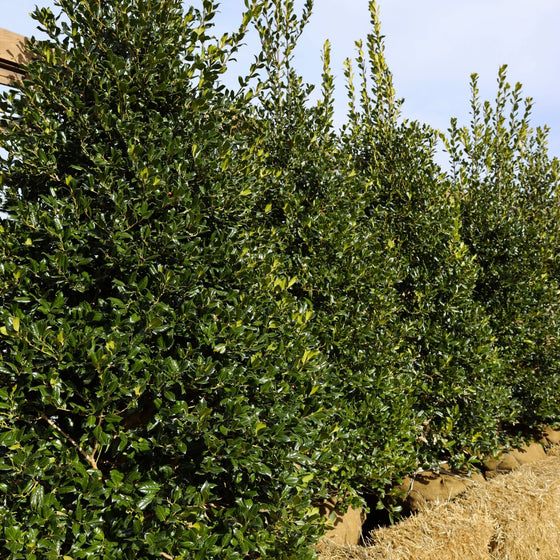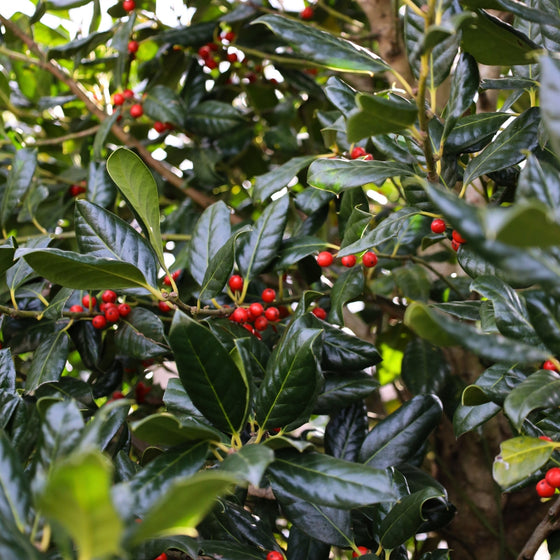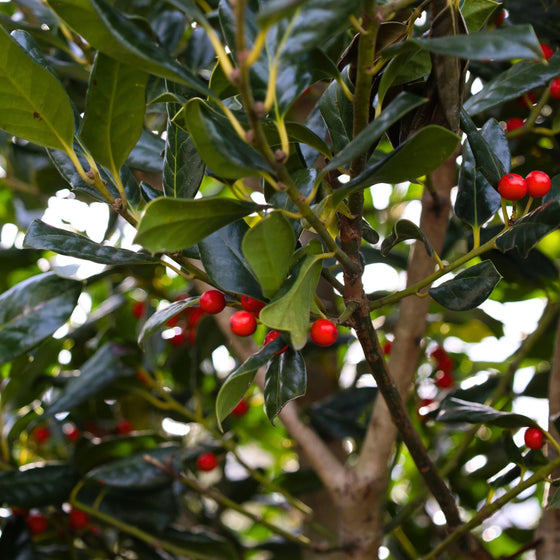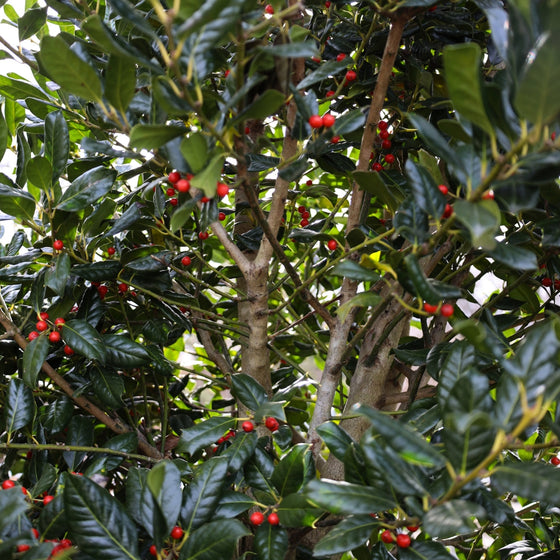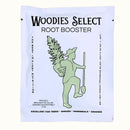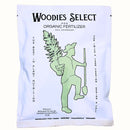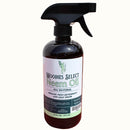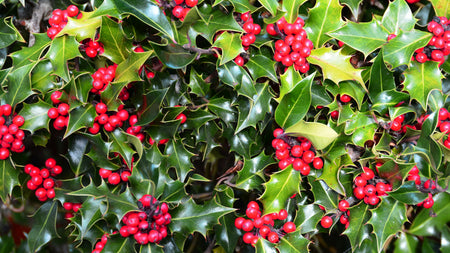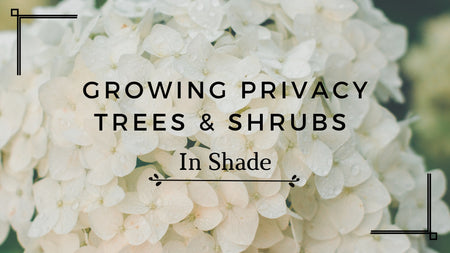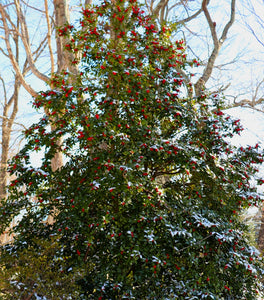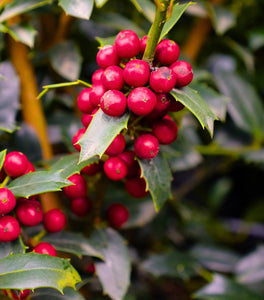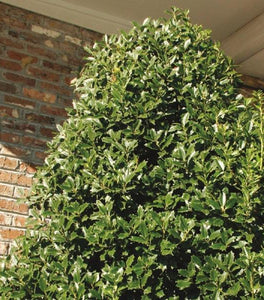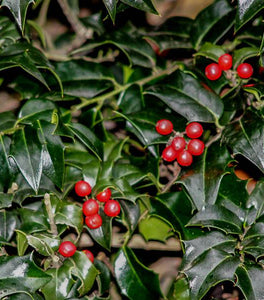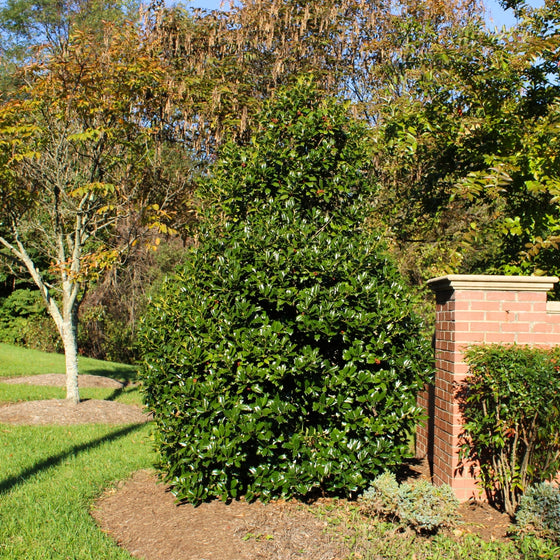
Images Depict Mature Plants
A Fast-Growing Evergreen with Classic Beauty and Year-Round Privacy
Dense Evergreen Growth and Glossy Foliage
Ilex × ‘Nellie R. Stevens’, commonly known as Nellie Stevens Holly, is a stunning broadleaf evergreen admired for its glossy dark-green leaves and dense pyramidal form. This female hybrid holly is renowned for its brilliant red berries, which appear in the fall and last through winter — a festive display that brightens even the dullest landscape.
The Perfect Privacy Screen or Specimen Tree
Reaching 15–25 feet tall and 8–12 feet wide, Nellie Stevens Holly is the ultimate privacy tree. Its dense foliage provides instant screening and noise reduction while maintaining a refined, formal appearance. It’s ideal for hedges, windbreaks, or as a majestic standalone specimen.
Hardy, Low-Maintenance, and Adaptable
One of the easiest hollies to grow, Nellie Stevens thrives in full sun to partial shade and adapts to a wide range of soils. Once established, it’s drought-tolerant and highly resistant to pests and deer. Its fast growth rate — often 2–3 feet per year — makes it one of the most popular evergreens for privacy hedges nationwide.
Seasonal Interest and Landscape Versatility
In addition to its evergreen foliage, Nellie Stevens Holly brings four-season interest with its signature red berries. Birds love the fruit, while the glossy leaves stay vibrant year-round. Whether planted in formal rows, natural screens, or accent groupings, it delivers timeless beauty and enduring performance.


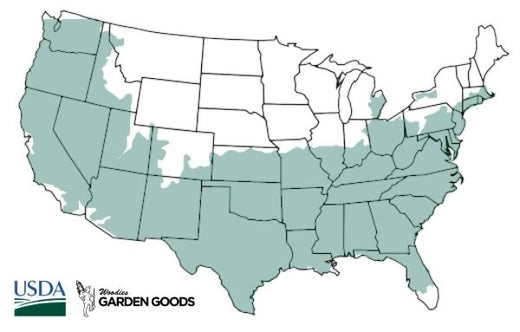
| Botanical Name | Ilex × ‘Nellie R. Stevens’ |
|---|---|
| Hardiness Zone: | 6-9 |
| Mature Height: | 15 to 25 Feet |
| Mature Width: | 8 to 12 Feet |
| Sunlight: | Full Sun to Partial Shade |
| Soil Conditions: | Well-drained, slightly acidic soil |
| Water | Low to moderate once established |
| Bloom Time / Color | Spring; inconspicuous white flowers, followed by red berries |
| Resistance | Deer-resistant, drought-tolerant |
| Landscape Uses | Privacy screen, hedge, specimen, windbreak |
How to Care for Nellie Stevens Holly
Be sure to read our planting instructions to ensure a healthy and happy Nellie Stevens Holly for years to come!
How should I plant Nellie Stevens Holly?
Choose a site with full sun to partial shade and well-drained soil. Dig a hole twice as wide as the root ball and just as deep. Loosen the soil, place the plant so the top of the root ball is level with the ground, and backfill gently. Water thoroughly to eliminate air pockets. When planting multiple trees for a hedge, space them 6–8 feet apart for solid coverage. Apply a 2–3-inch layer of mulch around the base to retain moisture and protect roots, keeping mulch a few inches from the trunk to prevent rot.
How often should I water Nellie Stevens Holly after planting?
Water deeply once or twice a week during the first growing season to establish strong roots. After establishment, Nellie Stevens Holly becomes drought-tolerant and only needs supplemental watering during extended dry spells. In hot summers, monitor soil moisture and provide a deep soak every few weeks to maintain glossy foliage and berry production. Avoid overwatering — this holly dislikes soggy soil.
When should I fertilize Nellie Stevens Holly?
Fertilize in early spring with a slow-release, acid-loving plant fertilizer to encourage vigorous growth and berry development. A second light feeding in midsummer can enhance color and density. Organic alternatives like compost or pine bark fines can also help improve soil texture and acidity naturally. Always water well after fertilizing.

When and how should I prune Nellie Stevens Holly?
Prune in late winter or early spring before new growth begins to shape or control size. Use sharp, clean tools to maintain the plant’s natural pyramidal form. For hedges, light trimming once or twice a year keeps foliage dense and uniform. Avoid heavy pruning into old wood, as new growth may not regenerate from bare stems.

